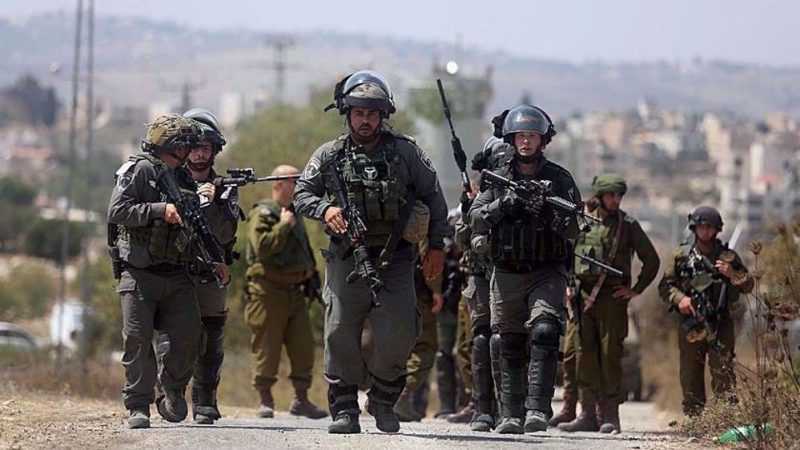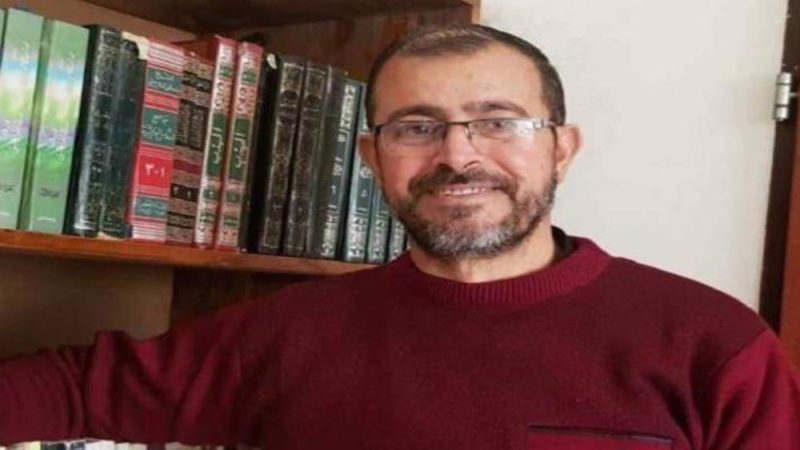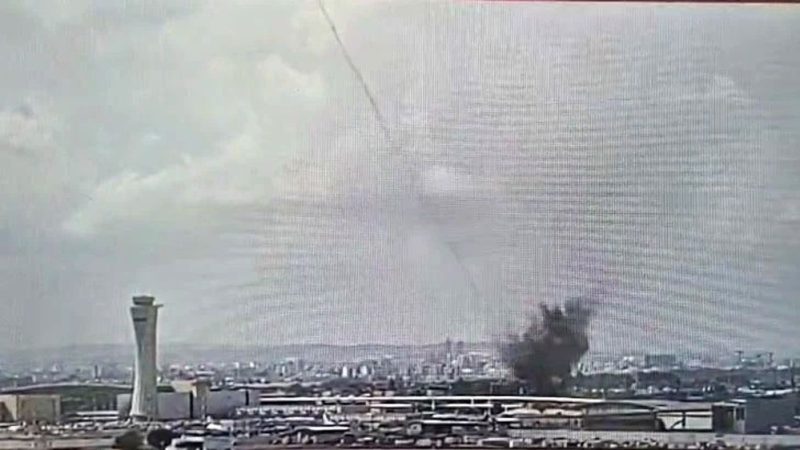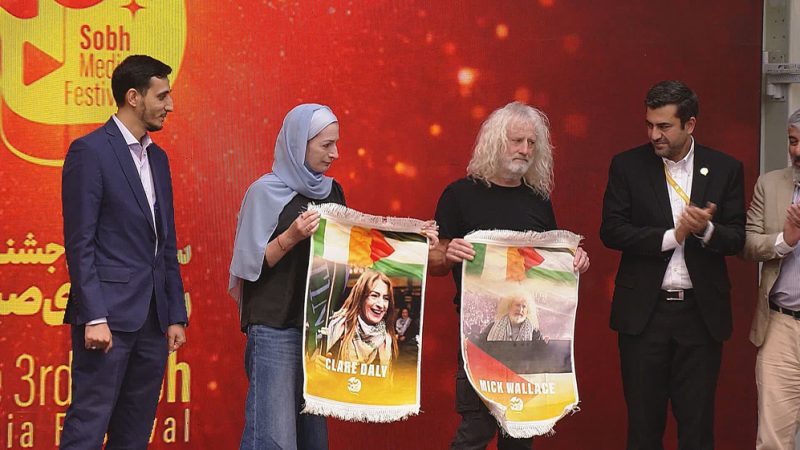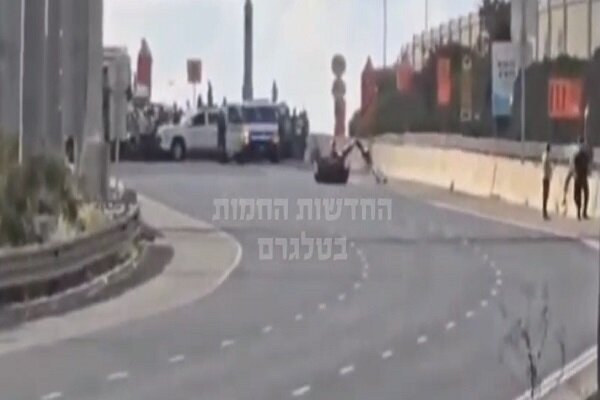Blazing truth: Fires expose Zionist pillage of Palestinian lands since 1948 Nakba
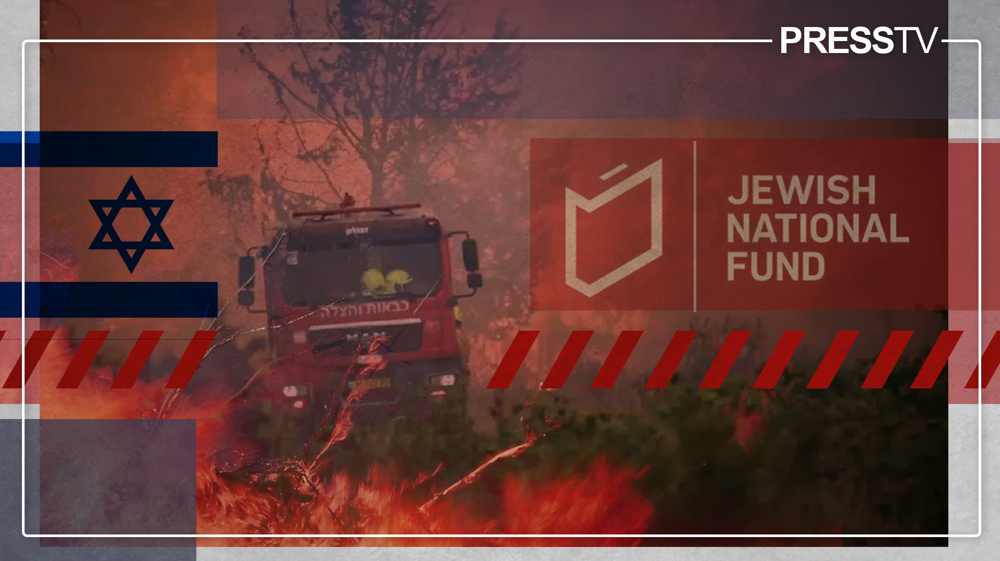
By Iqbal Jassat
In a perceptive observation many may interpret as satire, Israeli activist Alon Mizrahi wrote that the fires raging in the occupied territories “can be seen (if you have a soul and an imagination) as an act of resistance and rejection”, by “Palestinian communities who have been gone for decades but never abandoned, or forgotten, their homeland”.
He explained that, based on his personal experience, the groves and ‘forests’ now consumed by fire, “don’t feel real”.
Mizrahi shared that he had grown up beside one such ‘forest’, and even without knowing anything about the history of Zionism, it always felt strange to him, but never magical, the way a real forest feels.
“Like those who planted them, they emit a sense of shallowness and fragility,” he wrote.
He placed blame on “soulless Zionists” for having planted European pine trees across occupied Palestine, designed to reshape the landscape to resemble their Swiss or Romanian homelands, rather than the land they falsely claimed in Palestine.
“These artificial alien forests had an even more sinister intention behind, or rather under them: Zionists methodically planted those trees over destroyed Palestinian communities that they razed to the ground, just like they’re doing now in Gaza.”
Mizrahi pointed out facts often whitewashed by Zionist apologists or simply omitted by the mainstream Western media. He wrote that many of Israel’s ‘nature parks’ are in fact camouflage—draped over the graveyards of erased Palestinian villages.
“And so, when innocent Israeli children go to celebrate Independence Day with their families in one of those parks, as many do, they are literally dancing over the graves of the people Israel massacred, ethnically cleansed, and dispossessed.”
Mizrahi laid bare truths that expose the shameless atrocities committed by Zionists.
Palestinian homes, gardens, schools, mosques, churches, even their children’s toys and sacred olive trees, were destroyed. Tens of thousands of olive trees were uprooted, an act driven by a deep fear of their symbolism and the enduring, authentic power of the Palestinian olive tree, he wrote.
Against the backdrop of the flames—offering the settler colony a searing taste of the rogue regime’s scorched-earth tactics since its violation of the ceasefire—the grim transformation of Gaza into a desert of death remains a harrowing reality.
In a devastating critique of Israel’s genocide in Gaza, Rasha Abou Jalal and Sharif Abdel Kouddous reminded us that Israel’s military continues to launch multiple airstrikes and shelling across the besieged territoryon a daily basis, “pounding homes, displacement camps, cafes, hospitals, charity kitchens, so-called ‘humanitarian zones,’ and other civilian sites”.
Referring to the unrelenting bombings and the unending bloodshed, they reported that three generations of the Al-Khour family were annihilated when Israel bombed their home in the al-Sabra neighbourhood of central Gaza at dawn on April 26.
The elderly patriarch of the family, Talal al-Khour, along with his wives, daughters, sons, and grandchildren, were all killed in the strike. Twenty-two lives—twelve of them children—were wiped out, their bodies shredded and buried beneath rubble.
“The airstrike occurred at dawn while we were asleep. Suddenly, we woke up to a blast that felt like an earthquake. We rushed into the street and found that the five-story home of the Al-Khour family had turned into a pile of rubble,” Mohammad Al-Ajla, a 37-year-old neighbor who helped retrieve the bodies, told Drop Site News.
“As soon as the dust from the strike cleared, neighbors began trying to rescue family members. The recovery operation continued for eight straight hours. We saw bodies everywhere. There were children without heads.”
The contrasts could not be starker—yet many who have looked away from the smouldering bodies of babies in Gaza, murdered by Israel’s deliberate bombing of tents and broken buildings, and who bear direct complicity in these heinous crimes, are now shedding tears for settlers fleeing from forest fires.
Iqbal Jassat is an executive member of the Media Review Network, Johannesburg, South Africa.
(The views expressed in this article do not necessarily reflect those of Press TV)

